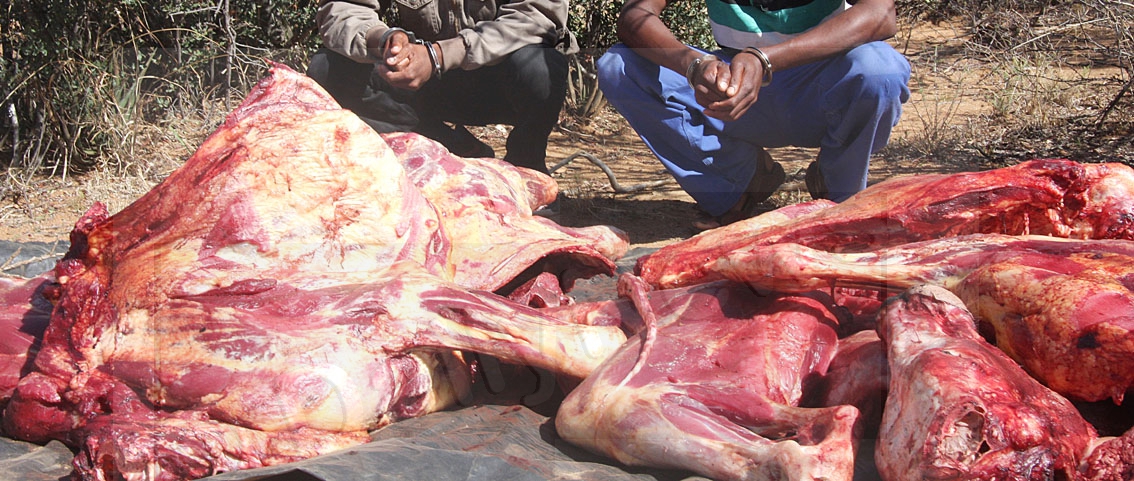BDIH SmartBots set Botswana as Southern Africa start-up captial
30 Nov 2022
Several activities are being undertaken by Botswana Digital and Innovation Hub (BDIH) and SmartBots to set the country as a start-up capital of Southern Africa, says the Minister of Trade and Industry Mr Mmusi Kgafela.
Responding to a question in Parliament asked by MP for Lobatse Mr Thapelo Matsheka, Mr Kgafela said activities undertaken included development of the country’s National Innovation Capability Framework and the development of the Start-Up Act, which paved way for a start-up Visa to allow international talents to set up start-ups in the country.
He said BDIH served as a centre of excellence fostering private sector growth in the innovation and technology space.
“The centre implements the technology entrepreneurship programme which provides technical advisory services, SmartBots Lab where innovators play in the digitalised space and the Botswana Innovation Fund which provide innovators and start-ups with grants,” he said.
Mr Kgafela further explained that the Local Enterprise Authority had centres of excellence earmarked for Small Medium Micro Enterprises, adding that there were programmes which were geared towards assisting medium scale enterprises to grow such as the BITC which assisted companies in growing their enterprises through the Botswana Export Development Programme.
Mr Kgafela explained that the country offered fiscal and non-fiscal incentives for the manufacturing sector to increase investment which was deemed as key to employment creation, building national productive capacity, import substitution and subsequently supporting the country’s other aspirations for export led growth.
He said the incentives for manufacturing sector were offered to investors irrespective of origin and were administered by different government agencies with the fiscal incentives including 15 per cent corporate tax rate for manufacturing companies vis a vis 22 per cent for other sectors.
Furthermore Mr Kgafela said government also offered the private sector varied incentives under the SPEDU and Special Economic Zones Authority (SEZA).
He said under the SPEDU these included five per cent corporate tax for the first five years and 10 per cent corporate tax thereafter up to 100 per cent tax and customs duties rebates on imported raw material as well as direct government offtake on procurement of at least 30 per cent in line with Economic Diversification Drive (EDD).
Under the SEZA, Mr Kgafela said the incentives offered included 5 per cent Corporate Tax for the first 10 years, 10 per cent Corporate Tax thereafter, fast-tracked land allocation, zero-rated VAT on raw materials for manufacturing for export, duty free imports of specialist plant and machinery for manufacturing purposes; waiver on transfer duty on land and property tax exemption for 5 years.
In addition, he said non-fiscal incentives were also granted and they included among others support in fast tracking the issuance of visas, work and residence permits, support in fast tracking business or sector-based licenses, permits and environmental application facilitation.
He also explained that CEDA also recognised manufacturing as a special sector and had eased lending requirements to make access to funding easier through flexible security requirements, reduced interest rates and longer repayment periods of up to 20 years with possible grace period of up to two years.
Mr Matsheka wanted Mr Kgafela to update Parliament on government’s commitment to grow the private sector. Ends
Source : BOPA
Author : BOPA
Location : Gaborone
Event : Parliament
Date : 30 Nov 2022



